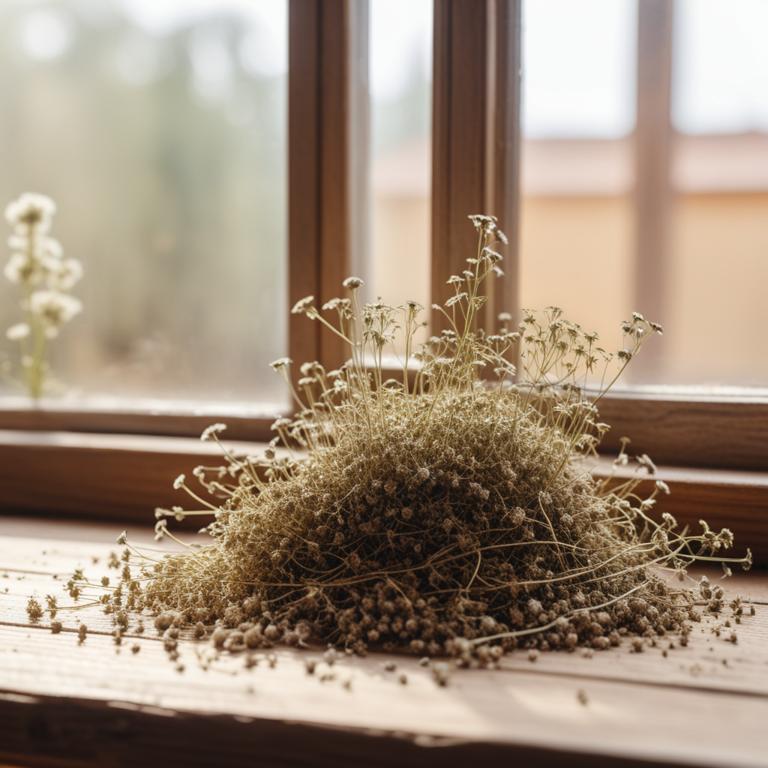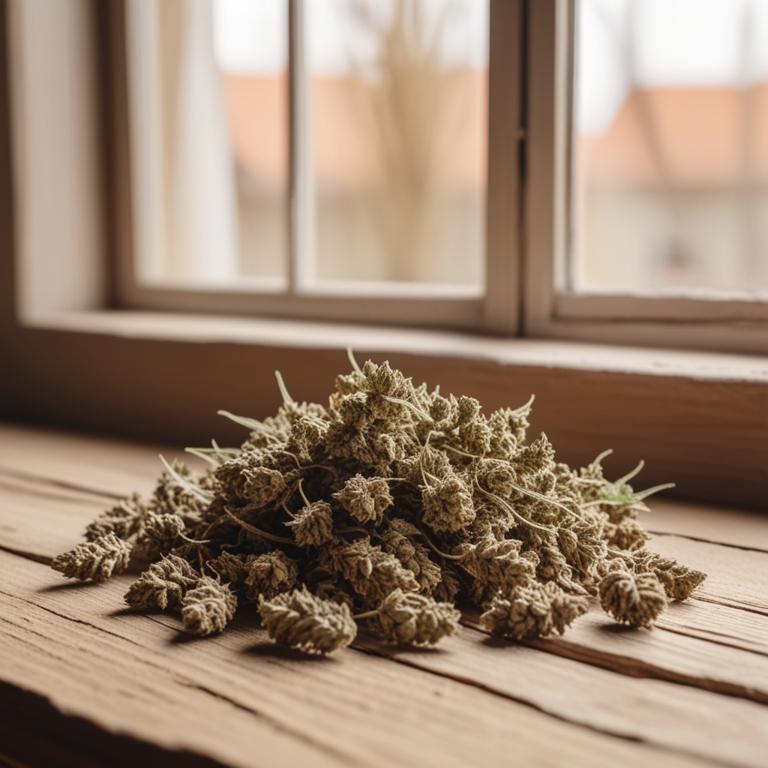Updated: Dec 1, 2024
Overcoming Bad Breath with Medicinal Herbs and Herbal Remedies
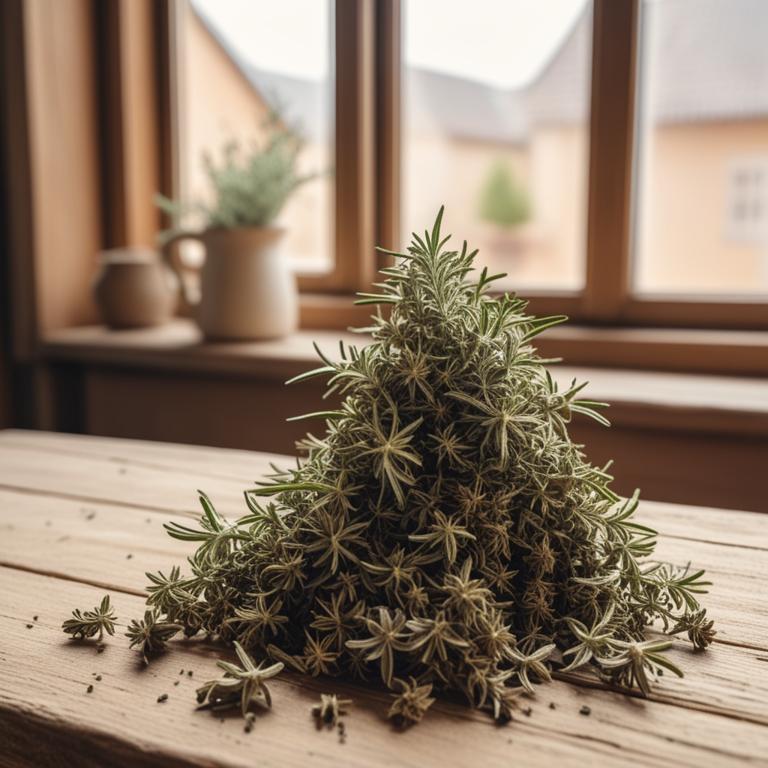
Bad breath, also known as halitosis, can be a real confidence killer.
It can make you feel self-conscious and anxious, especially when interacting with others. But what causes this unpleasant condition?. Poor oral hygiene, gum disease, and dry mouth are some of the main culprits. Other factors like diet, stress, and certain medical conditions can also contribute to bad breath.
Fortunately, nature has provided us with several healing herbs that can help alleviate this issue. Peppermint, for example, has natural antibacterial properties that can help kill the bacteria that cause bad breath. Cloves and eucalyptus are also known for their deodorizing properties, which can help eliminate odors. To use these herbs, you can try making a tea by steeping fresh leaves or flowers in hot water.
Alternatively, you can add peppermint essential oil to your toothpaste or mouthwash for an added boost.
Table of Contents
- What causes people to have bad breath?
- What benefits can be derived from using herbs to eliminate bad breath?
- What are the most effective medicinal herbs for treating bad breath?
- What are the herbal solutions most commonly used to prevent bad breath?
- What herbs might trigger or worsen bad breath, and should you avoid them?
- FAQ
What causes people to have bad breath?
The main causes of bad breath are often linked to issues within our mouth.
One of the primary causes is Dry Mouth, which occurs when we don't produce enough saliva. Our saliva helps break down food and kill bacteria, so when we don't have enough of it, bacteria can multiply and cause bad breath. Gingivitis is another major cause of bad breath. It's a mild form of gum disease that causes inflammation and irritation of the gums.
Bacteria can accumulate in the pockets between the teeth and gums, leading to a strong, unpleasant odor. Periodontitis is a more severe form of gum disease that can also cause bad breath. It causes the gums to pull away from the teeth, creating pockets that fill with bacteria and pus, resulting in bad breath. Tonsillitis is another cause of bad breath. The tonsils are the tissues at the back of the throat, and when they become infected, they can cause a bad odor.
This can happen when bacteria or viruses infect the tonsils, leading to inflammation and a strong smell.
What benefits can be derived from using herbs to eliminate bad breath?
Using herbs for bad breath can be really helpful.
One of the main benefits is that they can kill the bacteria in your mouth that cause bad breath. This is because these herbs have special properties that are antibacterial, which means they can stop the growth of bad bacteria. As a result, your mouth stays fresher for longer and you don't have to worry about bad breath.
Additionally, some of these herbs have anti-inflammatory properties, which can help soothe gum inflammation and reduce swelling. This can be especially helpful if you have gum disease or are prone to mouth ulcers. By using these herbs, you can naturally and safely freshen your breath and keep your mouth healthy.
They can also help reduce plaque and tartar buildup, which can contribute to bad breath.
What are the most effective medicinal herbs for treating bad breath?
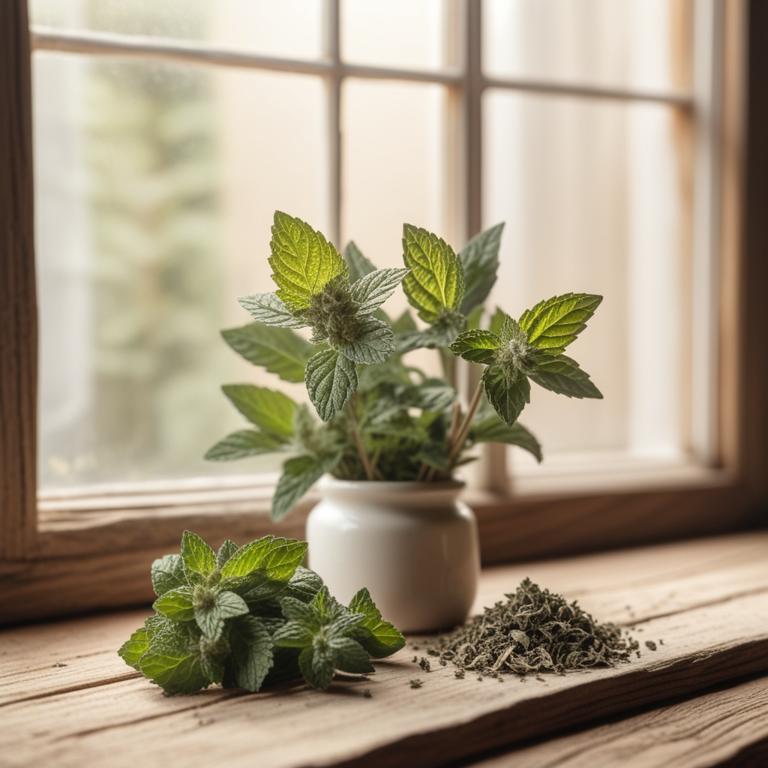
Herbs have been used for centuries to combat bad breath, and for good reason.
Mentha x piperita, also known as peppermint, is a natural breath freshener due to its menthol content, which helps kill bacteria in the mouth that cause bad breath. Zingiber officinale, or ginger, has anti-inflammatory properties that reduce swelling in the gums, preventing bad breath-causing bacteria from taking hold.
Eucalyptus globulus, or eucalyptus, has a decongestant effect that helps clear mucus from the sinuses, reducing bad breath associated with sinus infections. Cuminum cyminum, or cumin, contains compounds that inhibit the growth of bacteria that cause bad breath, making it a great addition to oral care routines. Cinnamomum zeylanicum, or cinnamon, has antimicrobial properties that destroy bacteria and fungi that contribute to bad breath.
By incorporating these herbs into your daily routine, you can naturally combat bad breath and maintain good oral health.
What are the herbal solutions most commonly used to prevent bad breath?

Herbal preparations can be a great way to tackle bad breath.
Let's start with tea - a warm cup of peppermint tea can help freshen your breath and soothe your mouth. The menthol in peppermint helps kill bacteria that cause bad breath. A decoction, like one made from sage, is another option. Sage has antibacterial properties that can help reduce the amount of bad breath-causing bacteria in your mouth.
You can also use a tincture, like one made from eucalyptus, which contains compounds that can help reduce inflammation and kill bacteria. Gargling with an herbal preparation, like a solution made from licorice root, can also be helpful. Licorice root has antibacterial properties that can help reduce the amount of bacteria in your mouth. If you prefer to take herbal preparations in a capsule, you can try one made from parsley.
Parsley contains chlorophyll, which can help freshen your breath.
Additional Resources:
What herbs might trigger or worsen bad breath, and should you avoid them?
If you have bad breath, it's best to limit your use of certain herbs.
For example, if you eat a lot of salads or soups with herbs like Salvia officinalis, also known as sage, you might be making things worse. This herb can dry out your mouth, leading to bad breath. The same goes for Foeniculum vulgare, or fennel, which can cause your mouth to produce less saliva, allowing bacteria to grow and cause bad breath. Similarly, if you're a fan of cooking with herbs like Rosmarinus officinalis, or rosemary, you might want to use it less often.
This herb can also cause your mouth to dry out, making bad breath worse. Another herb to be careful with is Trachyspermum ammi, or ajwain, which can have a similar effect. On the other hand, Thymus vulgaris, or thyme, might seem like a good choice because it has antibacterial properties, but it can also dry out your mouth, making bad breath worse. It's worth noting that these herbs can be beneficial in small amounts, but if you have bad breath, it's best to be cautious when using them.
If you enjoy cooking with these herbs, consider using them in moderation or finding alternative herbs that won't exacerbate your bad breath.
FAQ
Are there any specific herbs that can prevent bad breath?
Fennel and parsley are two herbs that can help prevent bad breath.
They contain compounds that reduce bacteria in the mouth, which cause bad breath. Fennel also has a sweet flavor that can help mask unpleasant odors. Parsley, being high in chlorophyll, can help neutralize smells.
These herbs can be used as a natural remedy to freshen breath.
Is it safe to use herbal remedies for bad breath during pregnancy?
If you're pregnant and have bad breath, it's best to talk to your body about what it might be telling you.
Some herbal remedies for bad breath may not be safe during pregnancy. Certain herbs, like pennyroyal and sage, can affect the baby's growth or cause other problems.
It's better to try gentle, natural methods like improving your diet and oral hygiene.
Are there any herbs that can reduce the frequency of bad breath?
Certain herbs, such as parsley and peppermint, have been traditionally used to help reduce bad breath.
These herbs are thought to have antibacterial properties that can help kill the bacteria in the mouth that cause bad breath.
Fresh parsley, in particular, is often used as a breath freshener due to its strong flavor and aroma.
Can i combine different herbal remedies for bad breath?
You can combine different herbal remedies for bad breath, but use them in moderation.
For example, you can mix peppermint oil with tea tree oil and apply it to your gums or tongue. Alternatively, you can try combining parsley and sage, which have been known to freshen breath.
Just be sure to use a small amount and start with a single remedy before adding others.
Related Articles
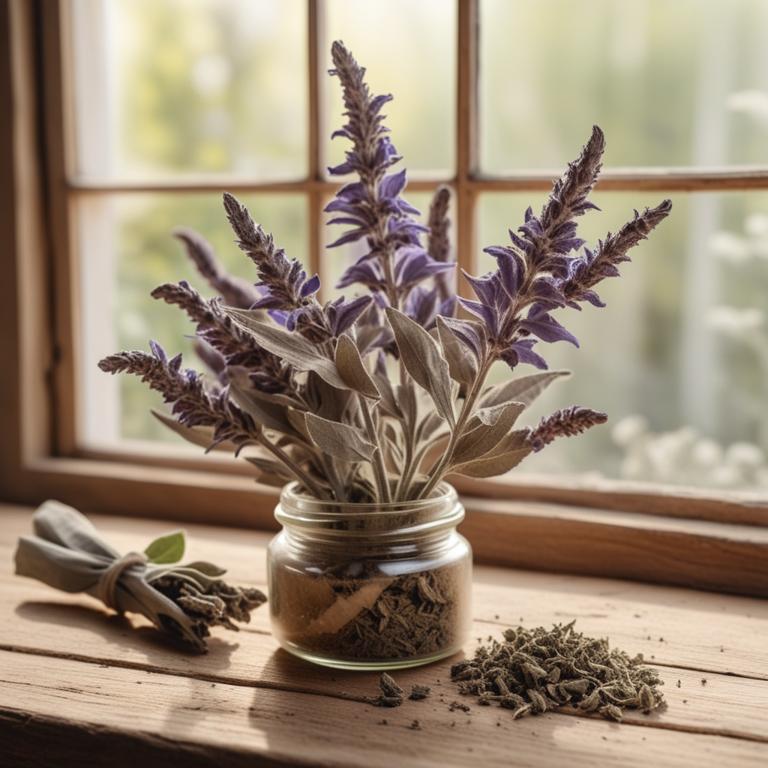
The Role of Medicinal Herbs in Preventing and Treating Dental Plaque

Managing Body Odor with Medicinal Herbs and Herbal Remedies

Chapped Lips: Causes, Medicinal Herbs, and Natural Preparations for Soothing Relief
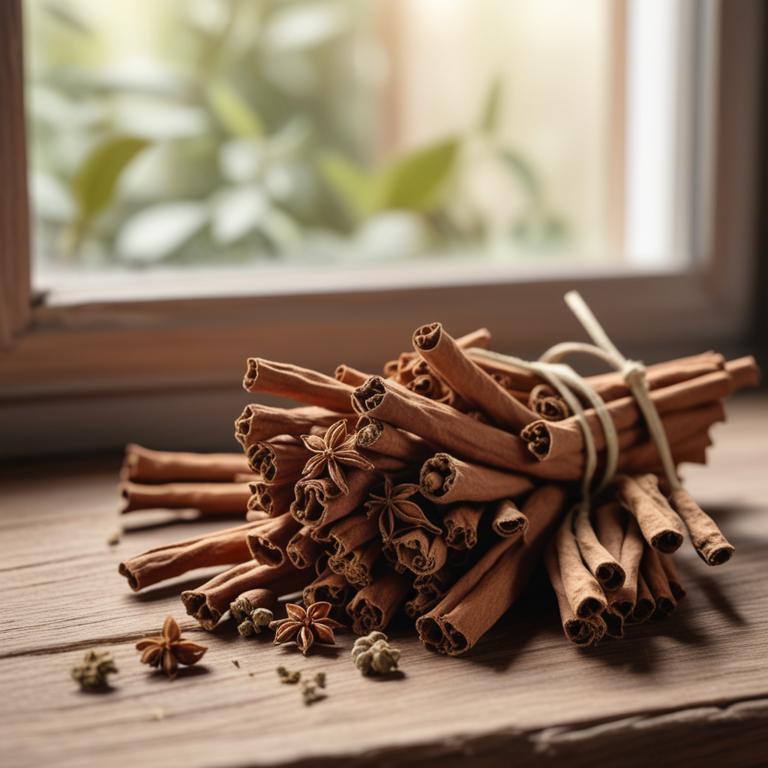
Oral Thrush: Understanding the Causes, Medicinal Herbs, and Herbal Solutions for Relief

The Causes and Effects of Stye: Medicinal Herbs and Herbal Preparations for Relief





